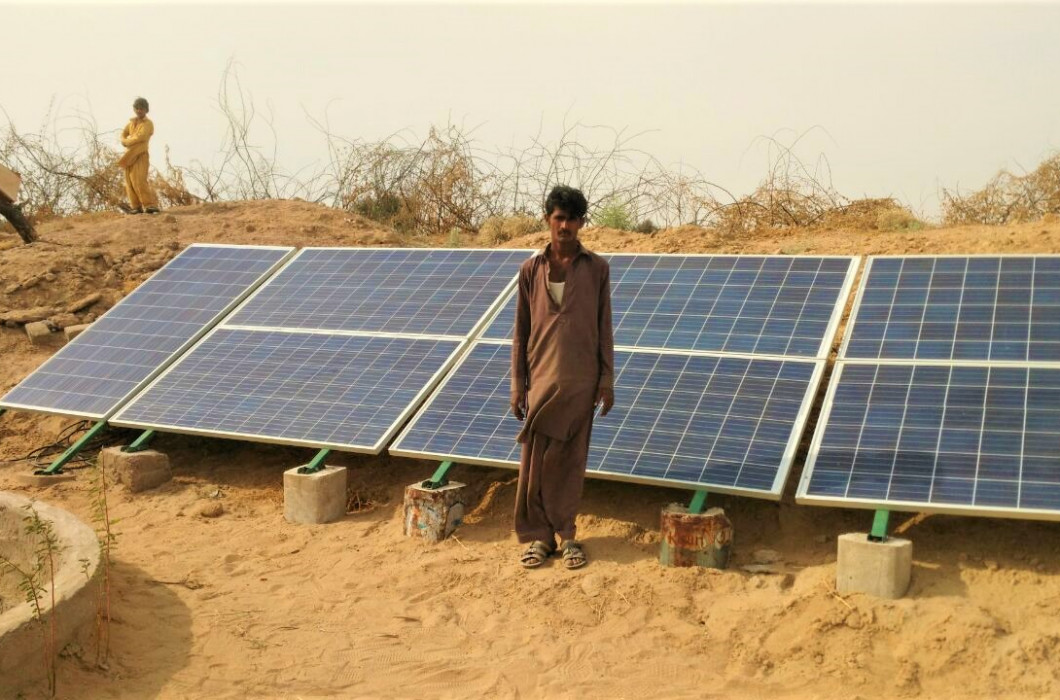CLIENT
KfW Development Bank
Project DESCRIPTION
In Pakistan, 75% of the population lives either off-grid or experiences regular power outages, although the country has great potential to generate electricity from renewable resources. Pakistan does not benefit much from solar power generation, but the potential to scale up the use of off-grid solar devices/system (SHS) is promising. However, financing is needed to make these products accessible to underserved households. The objective of this assignment to conduct a feasibility study is to identify and design a workable model with market stakeholders and the Pakistan Microfinance Investment Company (PMIC) as the program executing agency in order to expand the market for off-grid solar electrification.
HIGHLIGHTS
Econoler was commissioned to develop a solar home system (SHS) microfinancing program. The targeted market encompasses poor households and micro and small enterprises that are not connected to the electricity grid, predominantly located in rural areas. The assignment is being rolled out in two phases.
Phase I involves undertaking a comprehensive desk and field study to:
- Assess the existing market;
- Conduct a SWOT analysis of stakeholders, namely microfinance providers (MFPs) and distributed energy service companies (DESCOs); and
- Use the results of the study to inform the development of three cooperation models between MFPs and DESCOs with the aim of installing from 100,000 to 150,000 SHSs under the initial program phase.
Phase II consists of the following tasks:
- Further elaborate the cooperation models selected under Phase I;
- Perform a study of the financing program to determine the feasibility of the selected models;
- Prepare the program for KfW appraisal;
- Develop technical assistance measures; and
- Recommend capacity building activities.
The feasibility study will provide KfW with a comprehensive program design to scale up SHS financing in Pakistan.



